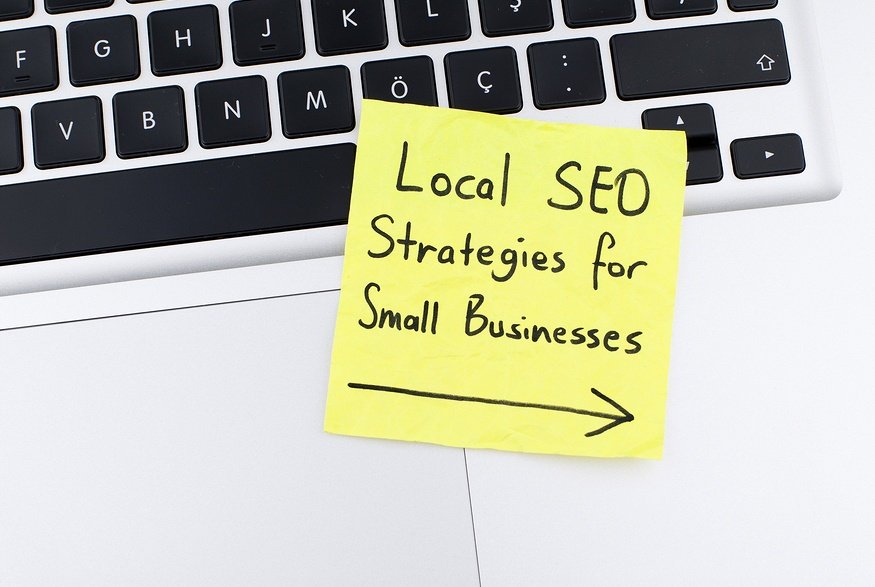 When Google tweaked its algorithm last year, causing online retailer Wayfair to move from a top-five position in keyword search rankings to number one across a number of categories, the company discovered a stunning data bump. By moving higher up on the first page of results, the company saw an incredible 34 percent increase in conversions, according to Search Engine Land.
When Google tweaked its algorithm last year, causing online retailer Wayfair to move from a top-five position in keyword search rankings to number one across a number of categories, the company discovered a stunning data bump. By moving higher up on the first page of results, the company saw an incredible 34 percent increase in conversions, according to Search Engine Land.
The conclusion is simple: Search rankings are critical to any business, and with Google offering local search results along with traditional search content, local SEO is more important than ever. Climbing the ladder in these rankings takes time, especially as you climb closer to the top where competition is most fierce. Improvements are entirely possible, as long as you know the right steps to take.
With local search optimization, there are several ways you can take action to make a difference early. Here are a few to build a strong, localized search foundation.
Local Linking
Linking from locally relevant brands and publications can be very beneficial to a company's local SEO. For example, if you're based in Denver, links from Denver-based companies and brands will be much more effective than links from a company based in Florida. Industry-specific links are also useful, as well as articles and directories from other sources, but brands should focus on garnering links and other mentions from local sources to strengthen their visibility in the market, per Search Engine Watch
Completed "Google My Business" Information
Brands that want to build a strong local SEO front need to utilize the Google My Business platform to make sure Google has some basic locally specific information. Within Google My Business, companies of any size can complete profiles of basic information, verify their location and address, list their hours of operation, manage business reviews and share photos of their business location.
Google uses these business listings as a ranking factor for their local SEO, and the information offered through this platform can be used to influence search rankings and connect local consumers with the information they seek. The fields are easy to fill out, and doing so can your boost local search ranking.
Traditional Website Signals
While local-specific SEO is important, traditional search engine optimization shouldn't be overlooked. Traditional SEO, which includes inbound anchor text, social signals, on-page signals and behavior signals, still impacts local search results alongside non-local results, per Search Engine Watch.
In other words, your local SEO rank will be helped out even by SEO efforts that aren't specifically geared toward local, because Google's algorithm will place your business in a local context on its own.
So, when you're in Phoenix and conduct a search for a kitchen designer, Google understands that you're probably looking for a designer in the Phoenix area — and if you are a kitchen designer, you'll want to optimize your website and online content for kitchen-design-specific keywords, in addition to taking local measures.
Google is growing more intuitive all the time, so even while you're improving your own local search optimization, remember that Google has its own ways of putting your search content in a local context. The main thing to remember is that authentic, relevant, local content is key.







